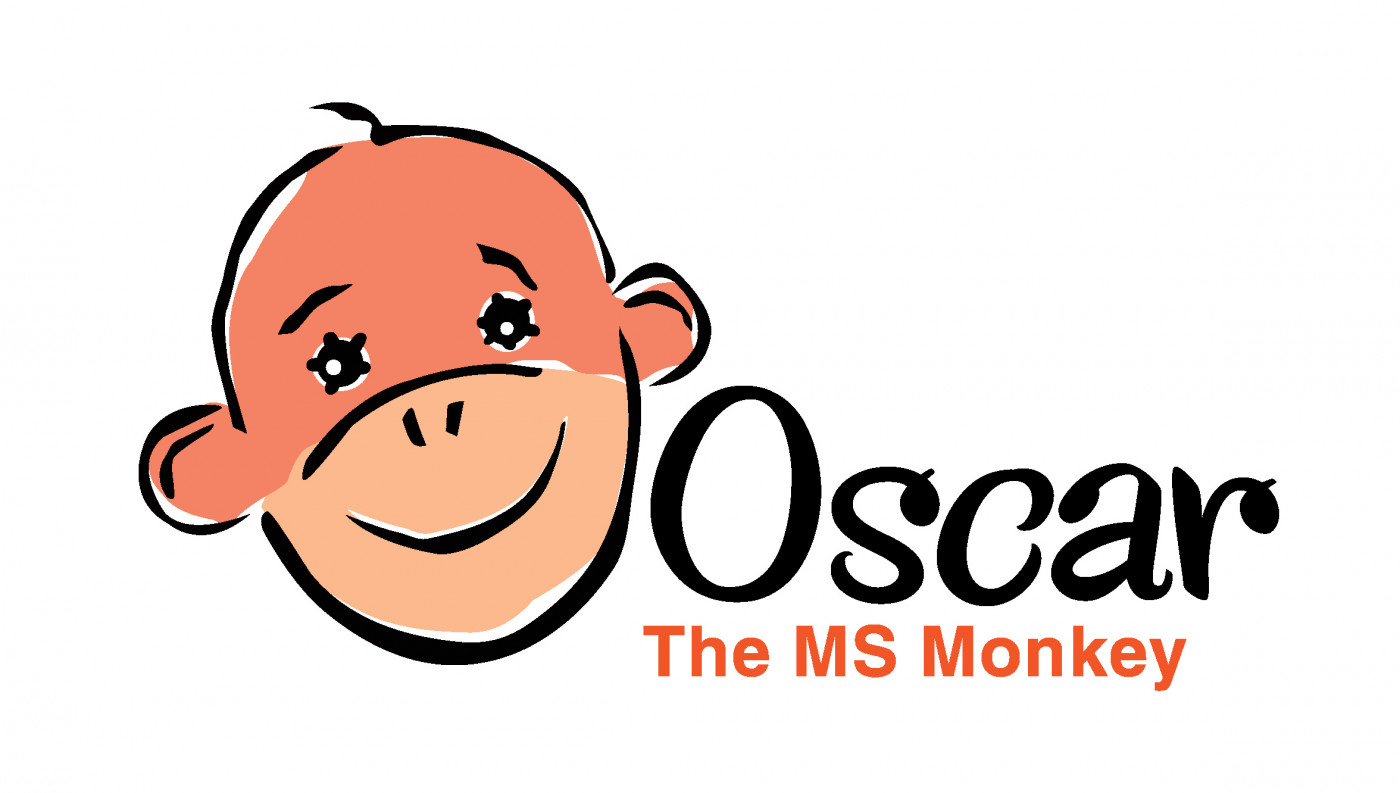MS Can Be a Kids’ Disease, Too

(Courtesy of Emily Blosberg/Oscar the MS Monkey)

The age at which a person is diagnosed with MS is usually between 20 and 50, according to the National Multiple Sclerosis Society. But it can be diagnosed in people much younger. In fact, of the estimated 400,000 people with MS in the United States, 8,000-10,000 are under 18 years old.
We older folks have some pretty good support systems to which we can turn to learn about our disease and help us through rough spots. No so much for MS kids. But that’s where Emily Blosberg and her MS monkeys have stepped in. Emily was a 15-year-old ninth grader when her MS symptoms first appeared. She was diagnosed with MS a little over a year later. It didn’t take Emily very long to realize that entering the MS world when you’re a teenager can be a lonely place. So, she tried to do something about that.
Emily started by trying to connect on Facebook with people who were under 18 and living with MS. She then connected with the National MS Society to create a Facebook group for MS youngsters. A few kids joined and young MS patients continue to find their way, periodically.
Emily travels to MS events to connect with young MS patients and to help them connect with each other. She created a stuffed monkey named Oscar to travel with her to represent all young people with MS. She then created an Oscar the MS Monkey Facebook page.
After that, Oscar became so popular that Emily had to make more, each of them by hand. She distributes them worldwide to kids with MS.
More help for kids with MS
***
Note: Multiple Sclerosis News Today is strictly a news and information website about the disease. It does not provide medical advice, diagnosis, or treatment. This content is not intended to be a substitute for professional medical advice, diagnosis, or treatment. Always seek the advice of your physician or other qualified health provider with any questions you may have regarding a medical condition. Never disregard professional medical advice or delay in seeking it because of something you have read on this website. The opinions expressed in this column are not those of Multiple Sclerosis News Today or its parent company, Bionews Services, and are intended to spark discussion about issues pertaining to multiple sclerosis.







Christopher Paris
I'm so glad you've given attention to MS incidence at earlier ages, especially given that the earlier treatments are launched the better.
Looking back in retreospect, and discussing my case history with my neurologist, my symptoms started showing up at age 14 with neuralgias, vertigo, lethargy, leg pain, and migraines, but was dismissed as probable cold or common virus symptoms. And, given the era (late 50s, very early 60s) specialized diagnostic methods were unheard of.
I think it would behoove your editorship to follow up to address to audiences, especially during MS Awareness Month, symptoms that typify the early-age demographic.
Ed Tobias
Hi Christopher,
Thanks for taking the time to comment. Your suggestion to follow up is a good one and I'm currently working on a Part 2 on this subject.
Stay tuned,
Ed